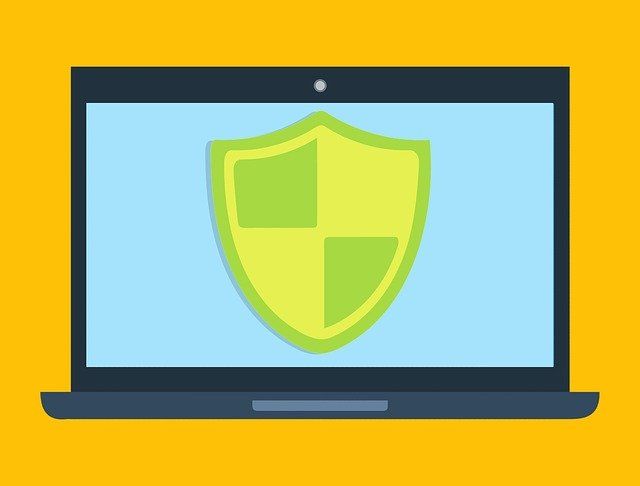Why Using Only Antivirus Software for IT Security is Not Enough
Using antivirus software as your only defense for IT security no longer provides enough protection. When thinking about the world we live in today, you must think about how far we have come with technology. Hackers are continually perfecting the art of hacking. A cyber crime or a virus presently cannot just attack through an email anymore. There are several other entry points. And there are several other types of viruses or malware being developed too.
Antivirus software is a useful tool to help keep your computer safe from cyber criminals. It will scan your computer for any known viruses or malware. The keyword here is it will scan for “known” viruses. Antivirus software is trained to seek out malware threats that are already “known”. Antivirus software has come a long way and the effectiveness of it has been improved upon. The software can look through files, web pages, and applications that are being used on your computer or in your computer network. Antivirus software can try to seek out suspicious behavior that could be a sign of a cyber attack. And even though an antivirus program is a powerful tool, it isn’t always enough to protect your network. What about the unknown threats cybercriminals are making that an antivirus software cannot detect? This is why often times you will need extra help to make sure your level of cyber security is the most effective it can be.
Here are some examples of the extra protection you need to keep your IT strong and to keep your company safe:
Password Protection
You already know what a password does. Its purpose is to prevent unauthorized access to sensitive or proprietary information. What you may not know is that your password protection method also needs protection. Weak passwords, mobile device use, keylogging programs, and any other manner of hacks can make it easy for people to get into your information. According to a large-scale survey performed by IBM, 67% of the respondents claimed that the potential loss of company data or customers’ personal data was a major concern.
Using a Firewall
Firewalls are integral parts of network security for a variety of reasons. They are essentially forts that surround your network, and they continue to do their jobs even when you and your employees have all gone home at the end of the day. You can get firewalls to protect intrusion into your software, you can use them to protect your hardware, or you can even do both. The choice is always yours. Firewalls will also monitor traffic in such a way that they can reject any traffic that doesn’t meet a very specific set of criteria.
Anti-Malware Software
Antivirus and anti-malware software are two completely different things. While traditional antivirus alone only works to stop viruses, anti-malware can protect you from far more. In fact, it covers an incredibly broad spectrum of threats including rootkits, keyloggers, ransomware, adware, and even some viruses that your traditional antivirus software might miss. What’s more, anti-malware software protects your network in real time, which means it can block malicious websites and popups before they become problematic.
A Roadmap and Regular “Health Checks”
All of the software and programming in the world can’t make up for creating a security plan and checking it regularly – at least quarterly. Some things you’ll want to do include ensuring that you’ve purchased the right software (and the right level of security) for your company’s needs, making sure that the antivirus and anti-malware programs are scheduled to update automatically, and performing security checks on occasion to make sure that no one can get through the walls you’ve built around your network. All of these things will go a long way toward ensuring that you have protected your company’s and your customers’ information from prying eyes.
Performing Regular Software Updates
Keep performing regular updates for your operating systems and for the software installed on your computer. It’s important to keep up with updates because these updates will help your operating system and software perform better and can help fix any vulnerabilities you may be experiencing.
While antivirus software is certainly important, it cannot provide your company’s network with the protection it needs alone. When you pair it with other forms of security such as password protection, firewalls, anti-malware software, and a roadmap that helps you keep up with any changes in your software or network protection technology, you can rest comfortably in the knowledge that your network is virtually impenetrable.
If your interested in adding more cyber security to your company, please contact us today. We can help provide the extra protection your company needs to keep your most sensitive information safe.
The post Why Using Only Antivirus Software for IT Security is Not Enough appeared first on SDTEK | San Diego, CA.



